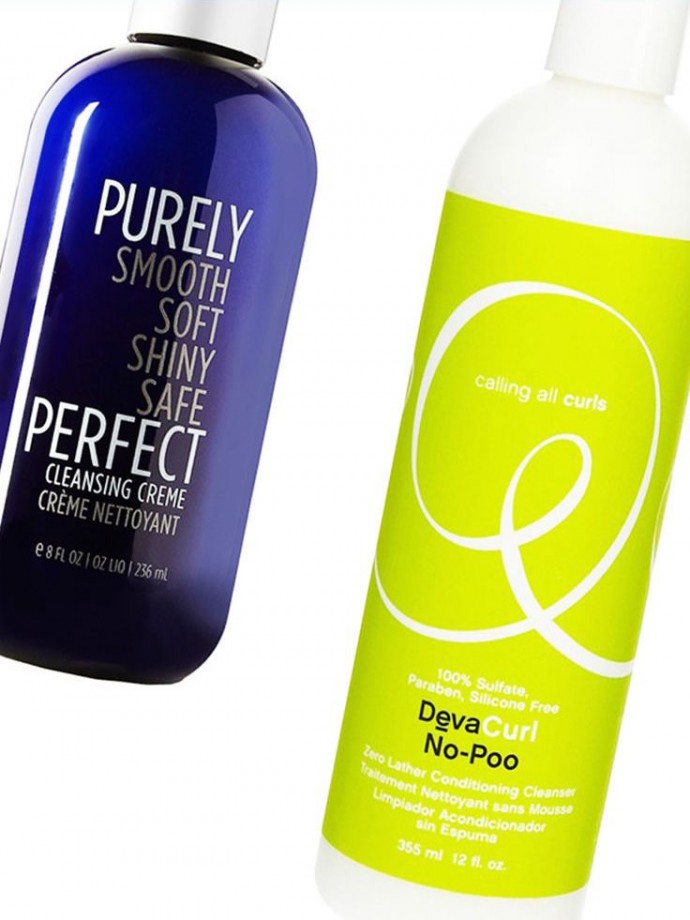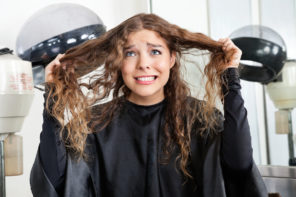The topic of whether to shampoo vs co washing (conditioner wash only) is often discussed and highly debated in the natural hair community. There are many reasons why each should and should not be considered. Whether you use a combination of the two or choose to conditioner wash only, there are several important things you should be aware of. So, let’s talk about each one…
SHAMPOO?
Shampoo is a traditional way to cleanse the scalp and hair of buildup and residue. For those of you who prefer to shampoo or consider incorporating shampoo into your hair care regimen, you should consider using shampoos without sulfates. Sulfates are specific, harsh cleansing detergents that can potentially be stripping to the hair and scalp when used. Most shampoos contain sulfates unless otherwise specified as “sulfate-free”.
Since the nature of afro-textured, kinky, curly hair naturally tends to be on the dry side because the naturals oils produced by the scalp can not easily travel down our kinks and coils to the ends of the hair shaft; the use of shampoo, even sulfate free shampoos can cause major problems for some naturals. If you prefer not to use shampoo at all, but want the ability to clarify you hair and scalp there are several alternatives in which to do so.
Two readily accessible and inexpensive options are baking soda (one tablespoon to one cup of water) and apple cider vinegar (one tablespoon to one cup of water). I personally haven’t tried the baking soda rinse, but using apple cider vinegar makes my scalp feel very clean and “free”.
CONDITIONER?
Some naturals live by conditioner washing (co-washing) only. Co-washing is using conditioner only to cleanse your scalp while simultaneously adding moisture to your hair strands. You can achieve a co-wash with any conditioner of your choosing. The foundation of a basic conditioner includes trace amounts of mild cleansing detergents; however, brands are creating and marketing products to specifically meet the purpose of co-washing.
These products tend to have additional cleansing properties while still providing moisture at the same time. Co-washing allows for more hydrated, manageable, softer, and smoother hair during and after the cleansing process. So that sounds great right? Well consider this, although co-washing has great benefits it also has disadvantages. Co-washing in excess can cause more buildup than it actually removes and may lead to limp, over conditioned hair.
Buildup from sweat, oils, styling products, and conditioners is inevitable and often a warning sign that it is time to clarify the hair and scalp w/a sulfate free shampoo or one of the other methods discussed.
MY VERDICT…
Personally, I am pro shampoo and co-washing. I believe each has a place in contributing to the health of natural hair. My hair care regimen includes using a sulfate free shampoo once a week and co-washing once to twice a week in between wash days. My favorite products to use are Shea Moisture’s Jamaican Black Castor Oil Strength, Grow, & Restore Shampoo and EDEN BodyWorks All Natural Coconut Shea CoWash.
Understanding what you hair needs is key! Whether you are starting a hair care regimen or reevaluating your current one, the state of your hair and scalp will dictate what methods you use to cleanse your hair and scalp and how often they are used.
SHOP THE PRODUCTS








